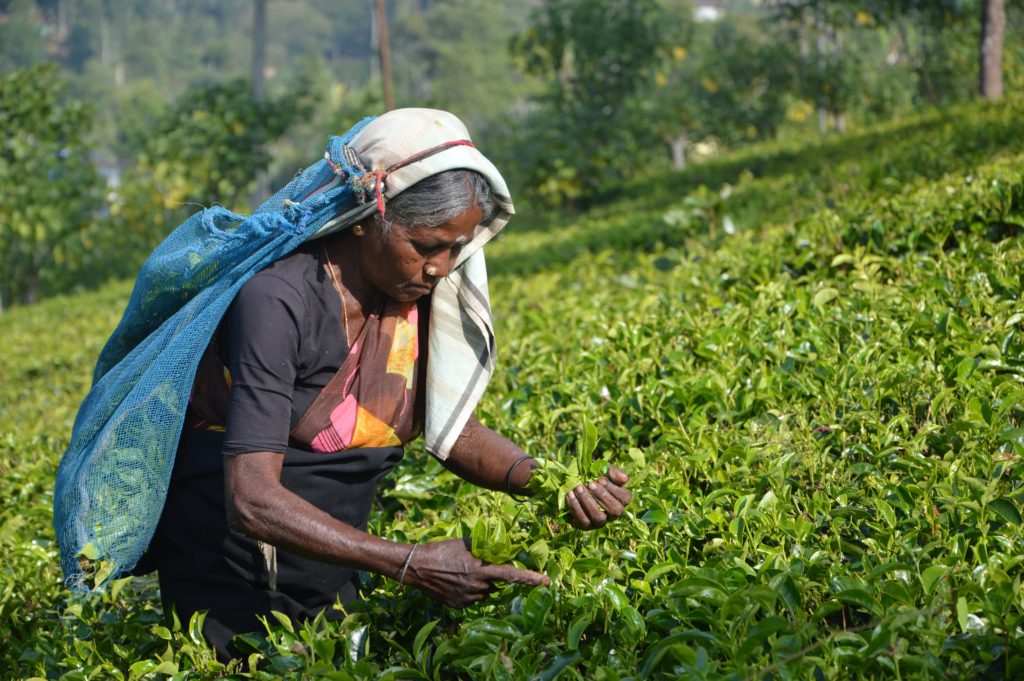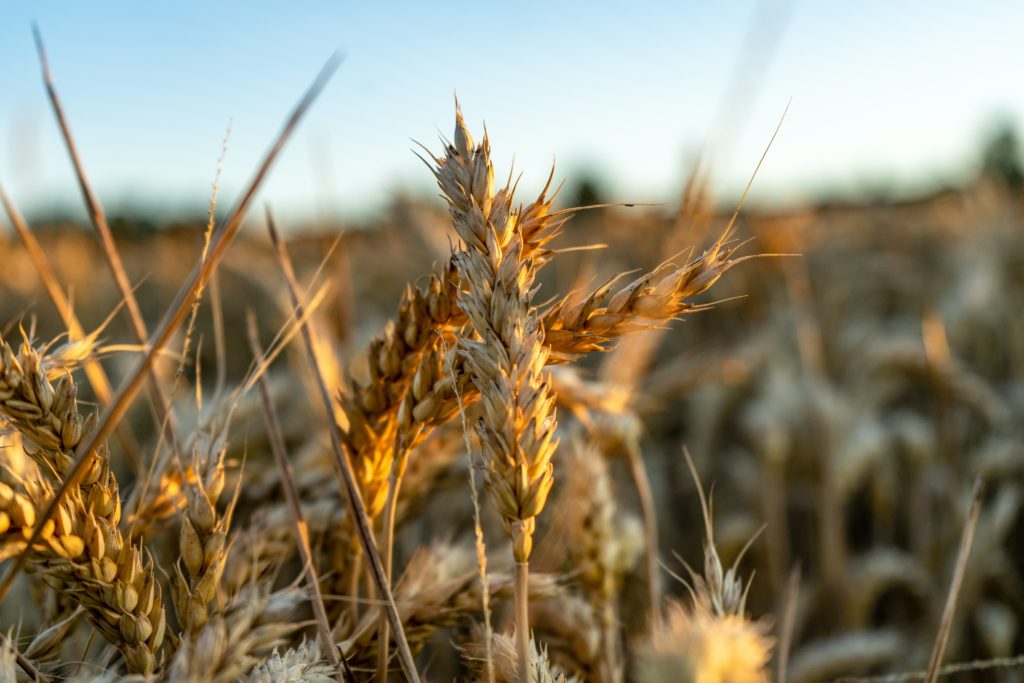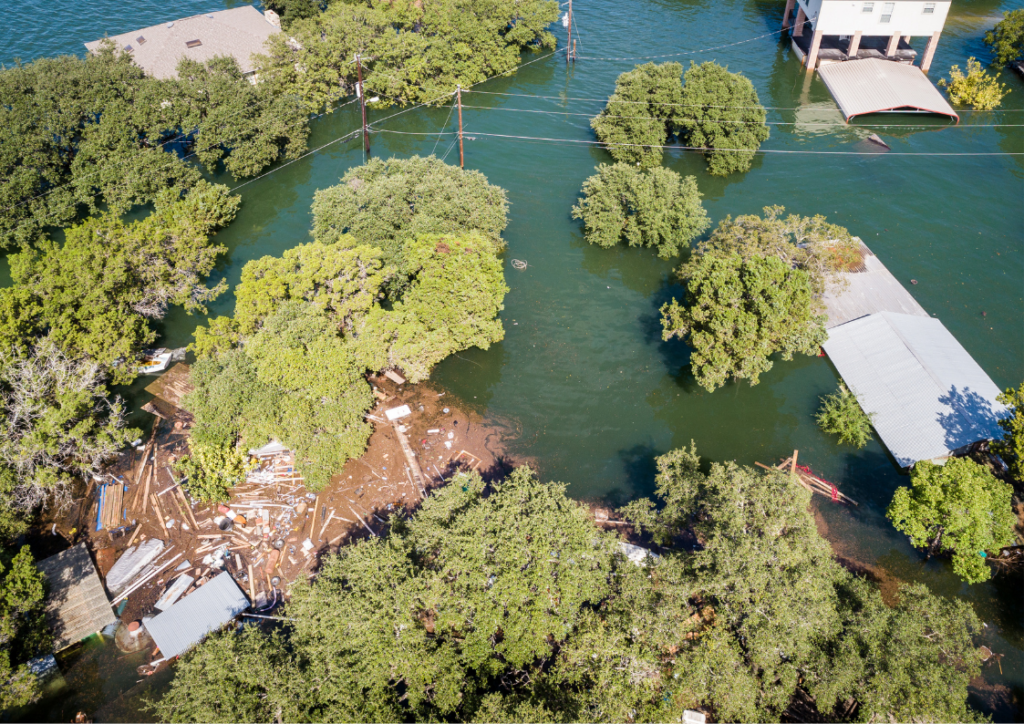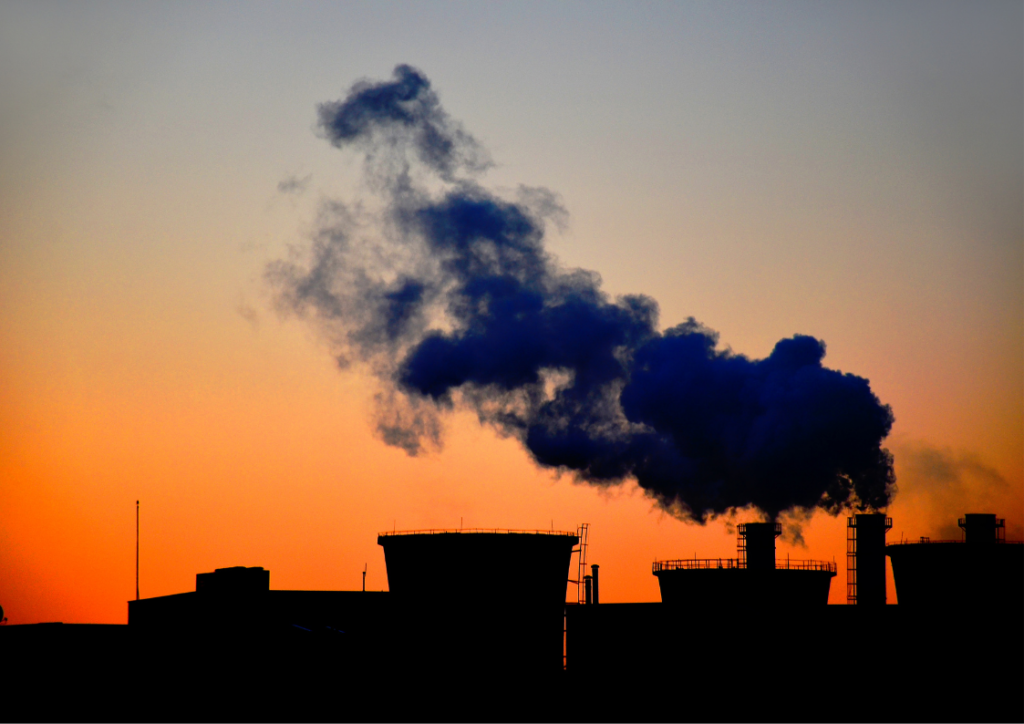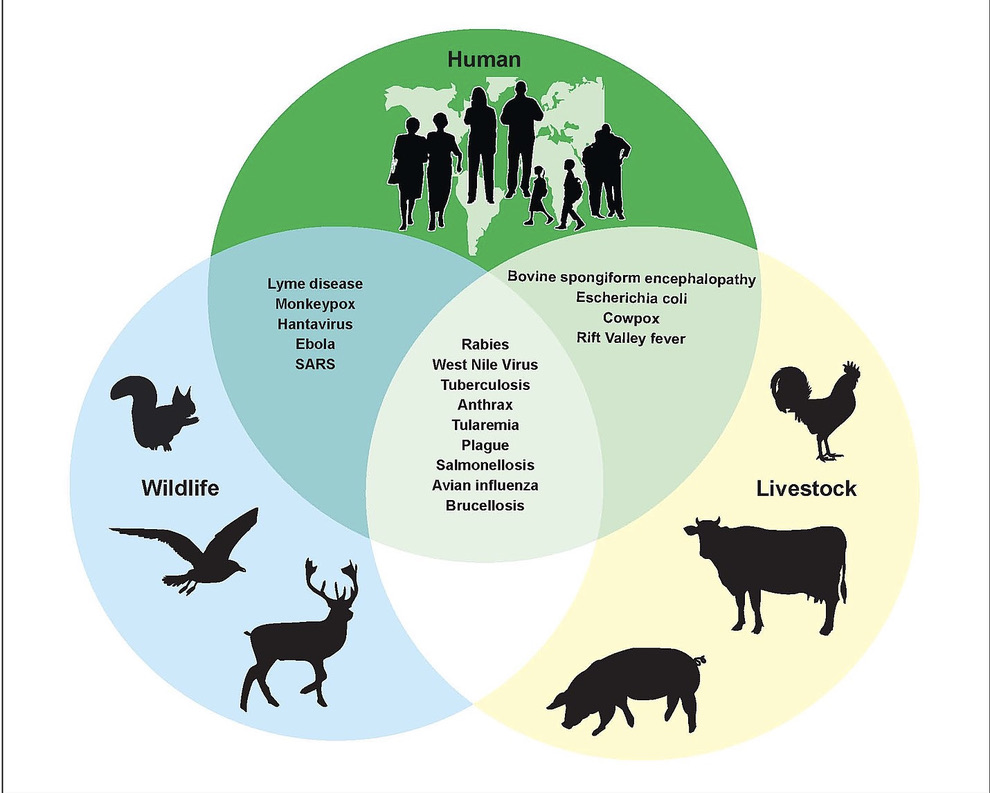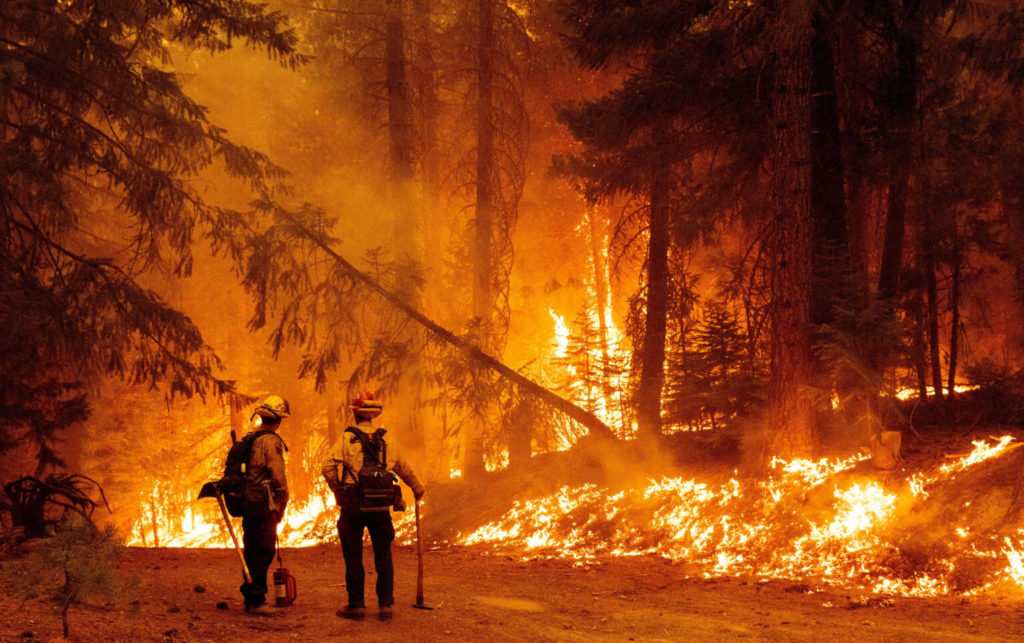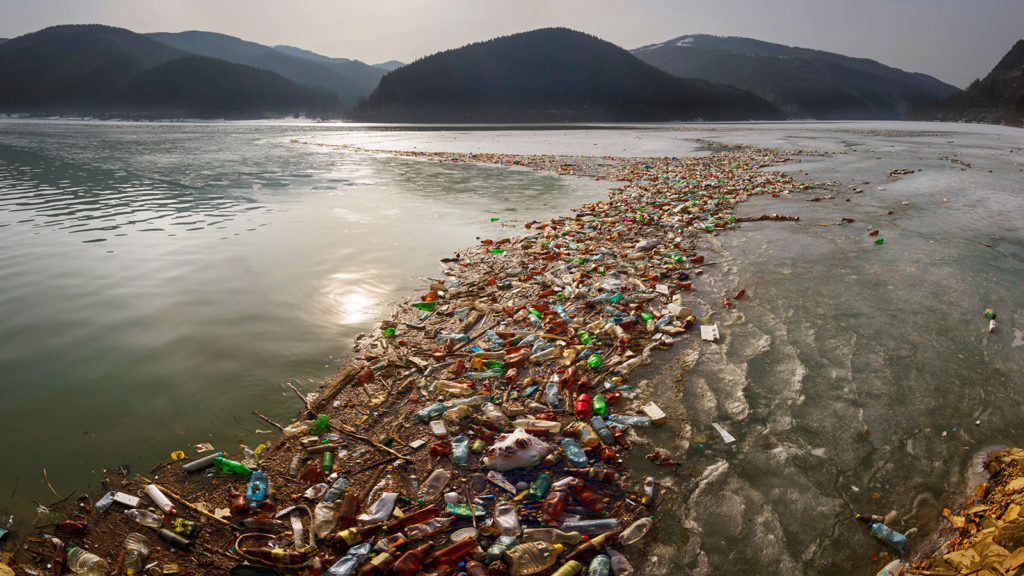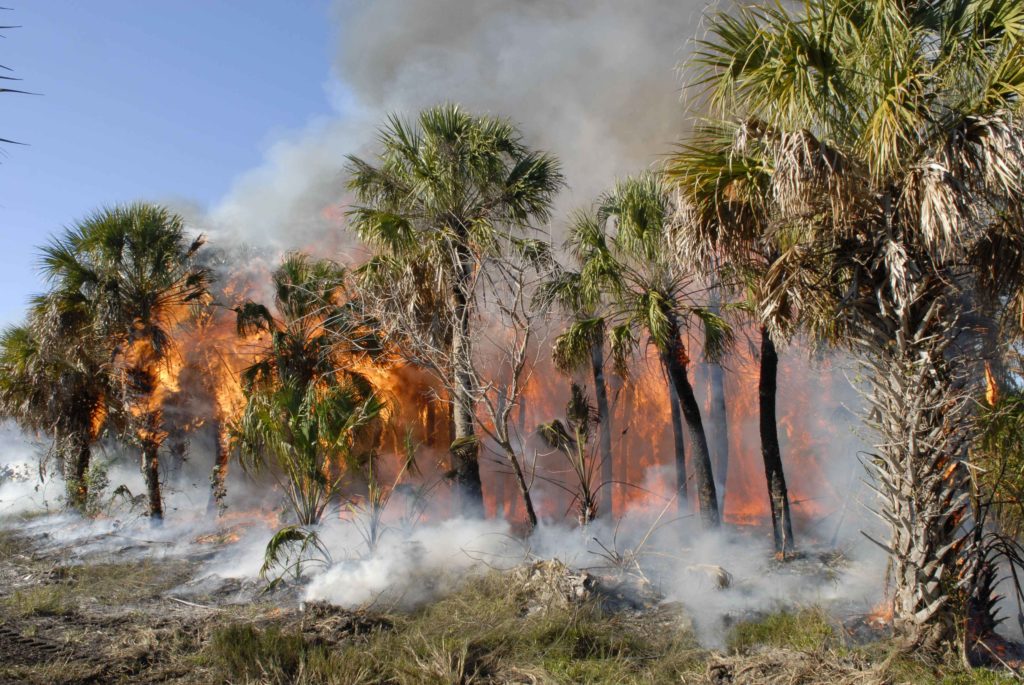August 1, 2022
Sri Lanka’s political and economic crisis offers a stark example of what happens when debt-ridden governments enforce abrupt and unmanaged action in our food system to cut costs – without supporting a fair, inclusive transition to sustainable alternatives.
July 8, 2022
The current global food system is destroying the natural world and exacerbating the climate crisis while allowing a handful of food companies to profiteer at the expense of farmers and consumers. The Ukraine war demonstrates how vulnerable the global food system is to shocks.
March 30, 2022
Humanity is slowly starting to take climate change mitigation and adaptation seriously. But, implementation has been too slow and uneven, the IPCC WGII’s contribution to the Sixth Assessment Report states.
March 29, 2022
If we are to survive the climate impacts to come, humanity must urgently reduce greenhouse gas emissions, the IPCC WGII contribution to the Sixth Assessment Report indicates.
March 29, 2022
Leading scientists say that human encroachment on nature is increasing the emergence of zoonotic diseases.
March 28, 2022
Findings from the Bankrolling Extinction report show that 50 of the world’s largest banks are financing the destruction of nature.
March 27, 2021
The ‘Bankrolling Plastics’ report reveals the top 20 global banks financing plastic pollution.
March 25, 2021
Fires are not normal in rainforest ecosystems.
